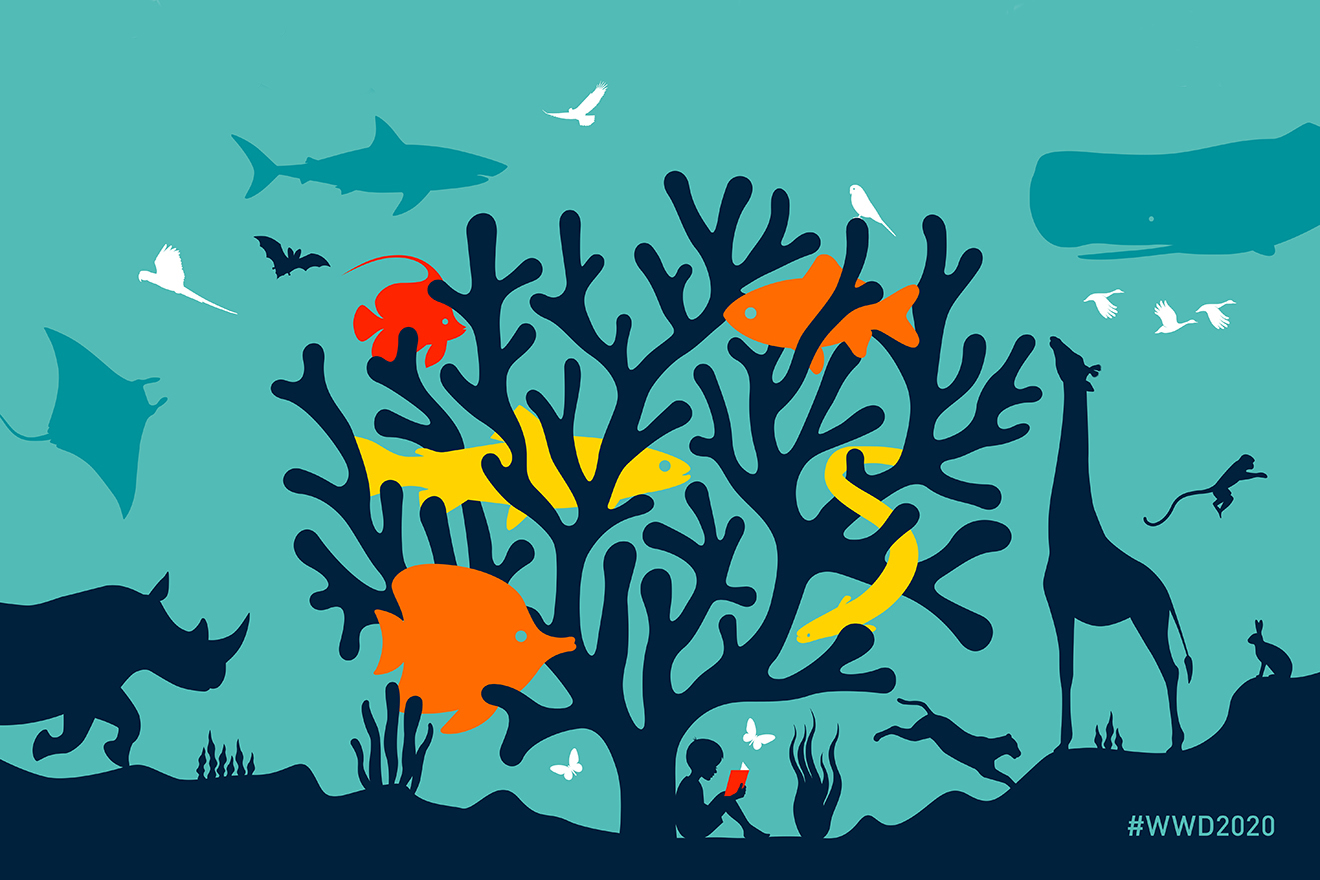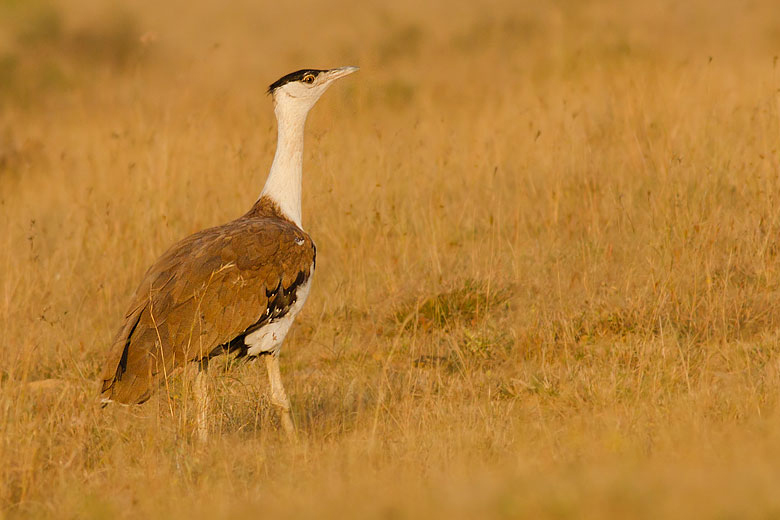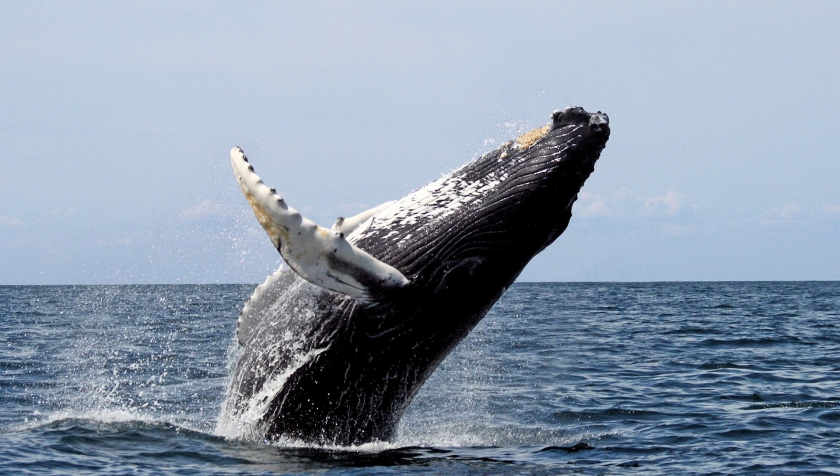Animals and plants living in the wild have an intrinsic value. They also contribute to our well-being and to sustainable development. World Wildlife Day (3 March) is an opportunity to celebrate the varied forms of wildlife and to raise awareness of the benefits that their conservation provides. The Day reminds us of the urgent need to step up the fight against wildlife crime and human-induced reduction of species. This year's theme, “Sustaining all life on Earth,” encompasses all wild animal and plant species as a component of biodiversity, as well as the livelihoods of people, especially those who live closest to nature.
Wildlife
The ‘super year’ for biodiversity will kick off with the 13th session of the Conference of Parties to the Convention on the Conservation of Migratory Species of Wild Animals. Hosted by India from 15-22 February, the conference brings together parties to the convention, partners and scientific experts to address the alarming decline of migratory species, including birds, aquatic species and terrestrial animals. ‘Migratory species connect the planet and together we welcome them home,’ an ancient Sanskrit saying and theme of the meeting, highlights the need to provide a hospitable place for migratory animals.
The elusive snow leopard may be one of the most difficult animals to spot in the wild. But people may soon be able to experience the snow leopard through virtual reality. For the first time a film team attempts to capture 360 footage of this ghost of the mountains.
The snow leopard, which is one of the most endangered cats in the world, is found in rocky and barren mountains in central and south Asia. There are only about 4,000–7,500 leopards left in the wild. Due to a demand for their fur, and increasing pressures on their habitats from expanding industries, pastoralists and climate change, a further 10 per cent of are expected to disappear by 2040. UNEP's Vanishing Treasures initiative works closely with its Wild for Life campaign and with regional partners in Tajikistan and the Kyrgyz Republic to help conservation efforts.
Whales are known for being the largest and most intelligent creatures in the ocean. Now, marine biologists have discovered that they also capture tonnes of carbon from the atmosphere, a service with an economic value of US$1 trillion.
- « first
- ‹ previous
- 1
- 2
- 3
- 4




